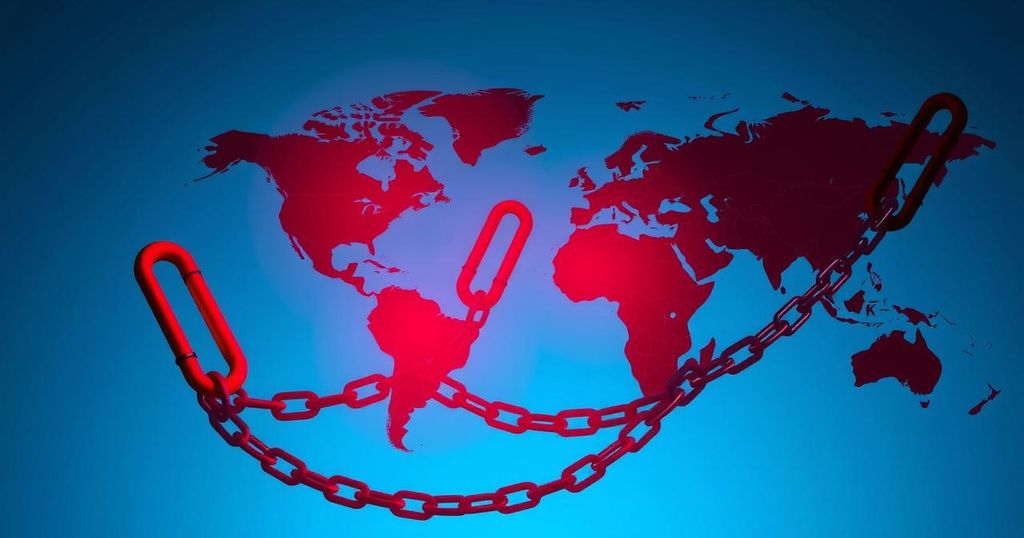World news
AMERICAN IMMIGRATION COUNCIL, ASIA, CHEVRON, CUBA, EL SALVADOR, IMMIGRATION, MADURO, MARCO RUBIO, NATIONAL SECURITY, NAY, NEW YORK TIMES, NORTH AMERICA, ORGANIZED CRIME, PHILIPPINES, POLITICS, RICHARD GRENELL, SOUTH AMERICA, TERRORISM CONFINEMENT CENTER, THE NEW YORK TIMES, TREN DE ARAGUA, TRUMP, TRUMP ADMINISTRATION, U. S, UNITED NATIONS, UNITED STATES, VENEZUELA, WHITE HOUSE
David O'Sullivan
0 Comments
Trump Administration’s Complicated Handling of Venezuelan Migrants
- Trump officials attempted to use Venezuelan migrants in a failed prison swap.
- Negotiations to release U.S. citizens in Venezuela fell apart, leaving uncertainty.
- Two separate plans emerged from the Trump administration for a prisoner exchange.
Trump Administration’s Troubled Negotiations Over Prisoner Exchange
In a startling revelation, it has been reported that the Trump administration attempted to leverage Venezuelan migrants as part of a failed prisoner exchange deal. During efforts to negotiate the release of 11 American citizens and lawful permanent residents imprisoned in Venezuela, two competing plans emerged within the administration—one overseen by Secretary of State Marco Rubio and another by Presidential envoy Richard Grenell. Ultimately, these negotiations unraveled, leaving not only U.S. citizens but also approximately 80 political prisoners in a troubling state of uncertainty in Venezuelan prisons.
Conflicting Strategies and Human Rights Concerns
Reportedly, Grenell’s plan included the possibility of maintaining business operations for oil giant Chevron, which is crucial for Venezuela’s economy, according to sources familiar with the discussions. This approach seemed to contradict the U.S. government’s previously strict stance toward Nicolas Maduro’s regime, which included sanctions and other diplomatic pressures in Donald Trump’s first term. Complicating matters, roughly 250 Venezuelans were deported to El Salvador, where they currently face harsh conditions in a notorious maximum-security prison, raising serious human rights concerns.
Legal Controversies and the Administration’s Approach
Interestingly, while the White House maintains that the U.S. has no jurisdiction over the deportees now imprisoned in El Salvador, officials on the ground claim otherwise. Recent statements from Salvadoran authorities indicate that legal responsibility rests with the U.S. government, creating a complex legal tug-of-war. Advocates argue this reveals a troubling disconnect in the administration’s approach, with suggested negligence toward court orders and a failure to protect vulnerable individuals caught in international political machinations.
The Trump administration’s approach to handling Venezuelan migrants and U.S. nationals imprisoned in Venezuela has proven to be riddled with conflict and inconsistency. With failed negotiations and rising criticisms regarding human rights violations, implications of a disjointed foreign policy are looming. The situation remains precarious as families of detainees wait for resolution amid uncertainty from their leaders.




Post Comment